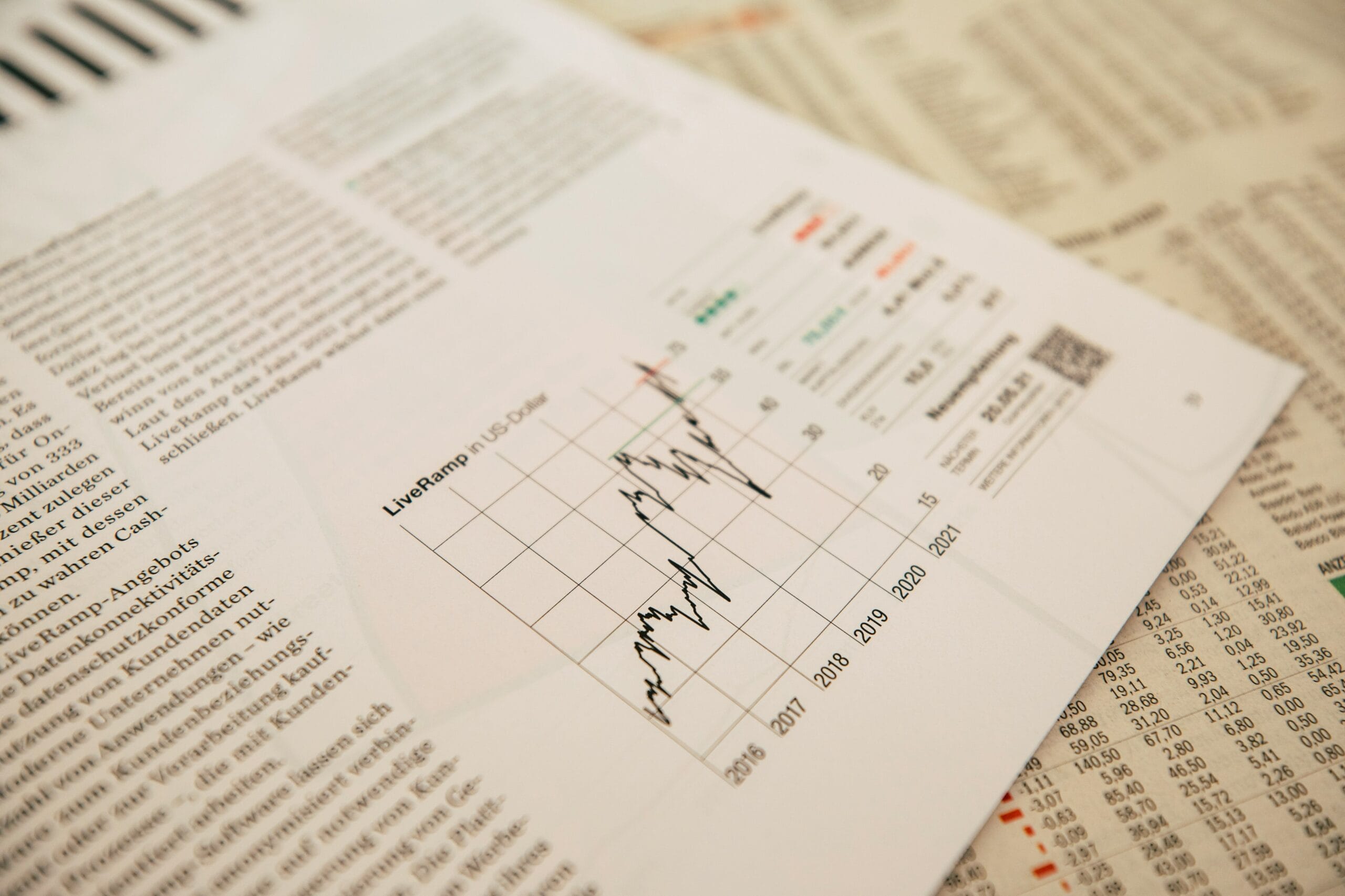The interest rates were again going down in recent months after the economic inflation started to show up in the region once again.

During Thursday’s session, the European Central Bank lowered their rate of interest, which is the second rate cut in recent months, as the recovery slows down and the inflation in the economy of Europe has increased.
The decision is highly expected, which is generally approved by all other 26 policymakers of ECB, and they lowered the benchmark rate of the 20 EURO Zone countries to 3.5 percent from the previous recorded rate of 3.75 percent.
In the month of June, the European Central Bank (ECB) has declined their rate of interest for the first time since 5 recent years, while during the July`s session they left it untouched. Basically since then the inflation rates are gradually coming down, and in the month of August it reached around 2.2 percent, which is recorded as the lowest rate in the last three years, and it is also nearest to the anticipated rate of 2 percent of the central bank. Additionally, the wage rates also started to decline during the second quarter of the year, and after that, the European central bank is closely monitoring it.
The statement that is stated by the central bank has revealed that the current inflation rates are serious, but these figures were expected and are still able to maintain their anticipated rate of 2.5 percent during the month of June. But as the report stated, the Euro Zone`s growth projection of 0.8 percent is quite lower than its anticipated rate of 0.9 percent during the month of June.
As per the European Central Bank (ECB), the borrowing of monetary funds is still tough or costly, which makes it difficult for businesses and individuals to get access to funds. As a result, the economic growth pace has started to slow down as the economic activity declines, and the spending and investments by consumers and companies have also shown a downfall.
There is a concern regarding Europe’s economy, which is resurfacing after its close escape from the recession the previous year. It is seen that even though the growth rate has been back on track, it again started to slow down in the month of April and continues till the month of June, which means that the entire second quarter of the year remains slow. Most importantly, Germany, which is one of the largest economic growth contributors in Europe, has remained out of track at that time of the year, where its outputs are not as per the predictions made.
The reports also stated that the current boost in European economic growth due to the Olympics and Paralympics games, which were hosted in Paris, is temporary. While these growths are directly linked to these events, once events get completely over, the economic state of the region will again start to fall down, so it’s high time for all the European nations to make a clear decision and necessary step to handle the economic downturn of the region before it’s too late.
The most recent report, which is surveyed by S&P Global and Hamburg Commercial Bank based on the manufacturing and services companies, has stated that there is an economic decline across the entire European region, while the Euro Zone is now facing problems such as a drop in new orders, an increase in unemployment rates, and the confidence of the businesses.
On Thursday, Yael Selfin, chief economist at KPMG, stated that the Euro Zone`s economic growth is declining in such a way that it is unable to match expectations, while they also predicted that there is a high chance that the economic condition of Europe will continue to fall even during the second quarter of the year.
In the initial phase of this week, the former ECB president, Mario Draghi, has revealed that this declining growth of Europe is a challenge for them as it will lower their productivity.
Draghi cautioned that Europe is still behind countries like the United States and China in terms of innovation, basically in technological advancement. If Europe wants to make its economy competitive, then it must increase their annual investment by around 750 billion euros to 800 billion euros, says Draghi.
Draghi also stated that if Europe is able to achieve this investment, it will benefit its economy, where the current investment of 22 percent of its GDP might rise by 27 percent of its GDP, which will help to reverse the decades of economic downfall.
During Thursday’s meeting, the ECB president, Mr. Lagarde, has welcomed the reports that were issued by Mario, calling them alarming; a serious diagnosis is required for the European economy immediately. Many investors are now unable to anticipate the next rate cut, and this is a reason for which the Lagarde is tense about the future decision regarding the rate cuts. Link: https://edition.cnn.com/2024/09/12/economy/ecb-interest-rate-cut/index.html


























